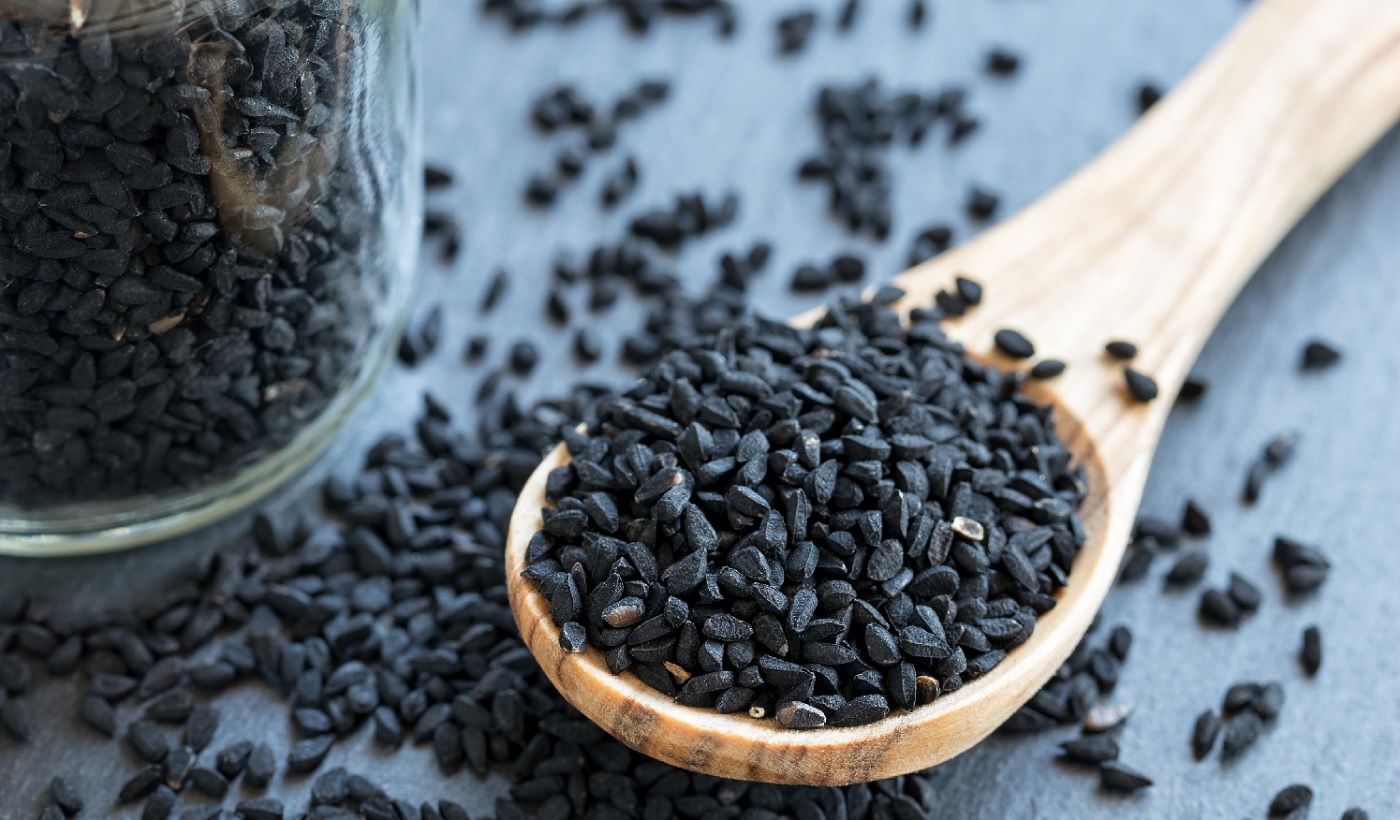What are the negative effects of black seed oil?
The Hidden Side of Black Seed Oil: Unveiling the Negative Effects
Introduction:
Black seed oil, also known as Nigella sativa oil, has gained significant popularity in recent years due to its potential health benefits. While it offers a plethora of positive effects, it’s important to acknowledge that this natural remedy may also have some negative consequences. In this article, we will explore the potential downsides of black seed oil and shed light on the lesser-known aspects of its usage.
Blackcurrant Seed Oil 500mg Soft Gel
Allergic Reactions and Skin Irritation:
The black seed oil contains various bioactive compounds that can trigger allergic reactions in some individuals. Common symptoms include itching, hives, redness, and swelling. Additionally, when applied topically, black seed oil may cause skin irritation, especially in those with sensitive skin. It is crucial to conduct a patch test before using it and discontinue use if any adverse reactions occur.
Digestive Disturbances:
Although black seed oil is praised for its digestive benefits, excessive consumption or an individual’s sensitivity can lead to digestive disturbances. Some individuals may experience nausea, vomiting, diarrhea, or stomach discomfort after ingesting black seed oil. It is advisable to start with small doses and gradually increase them to assess individual tolerance levels.
Blood Sugar Regulation:
While black seed oil is believed to help regulate blood sugar levels, individuals with diabetes or those taking medications to control their blood sugar should exercise caution. Black seed oil may interact with these medications, potentially leading to a drastic drop in blood sugar levels. It is crucial to consult a healthcare professional before incorporating black seed oil into your routine if you have diabetes or are on blood sugar-lowering medications.
Interactions with Medications:
Black seed oil may interact with certain medications, including blood thinners, antihypertensive drugs, and anti-diabetic medications. These interactions can affect the effectiveness of the medications or cause unwanted side effects. If you are taking any medications on a regular basis, it is important to consult your healthcare provider before using black seed oil as a complementary treatment.
Conclusion:
While black seed oil offers numerous potential health benefits, it is essential to be aware of its possible negative effects. By exercising caution, conducting patch tests, and seeking professional advice, you can make informed decisions about incorporating black seed oil into your wellness routine.
- Negative effects of black seed oil
- Allergic reactions to black seed oil
- Skin irritation from black seed oil
- Digestive disturbances caused by black seed oil
- Black seed oil and blood sugar regulation
- Interactions between black seed oil and medications
[Sassy_Social_Share]


